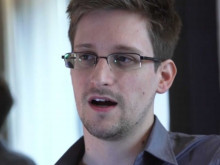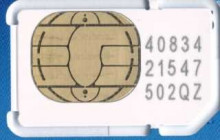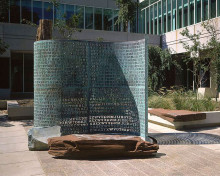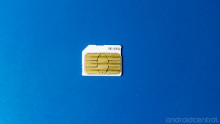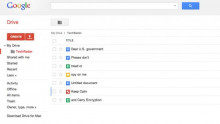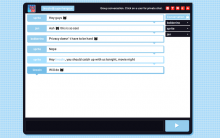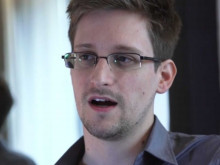Ed Snowden's e-mail service shuts down, leaving cryptic message
Once it became clear that he was going to be trapped in Moscow's Sheremetyevo Airport for a while, National Security Agency (NSA) leaker Edward Snowden chose to end his isolation by inviting several human rights activists to meet with him in July. The e-mails Snowden sent out to organize that meeting reportedly came from the e-mail address "edsnowden@lavabit.com."














































